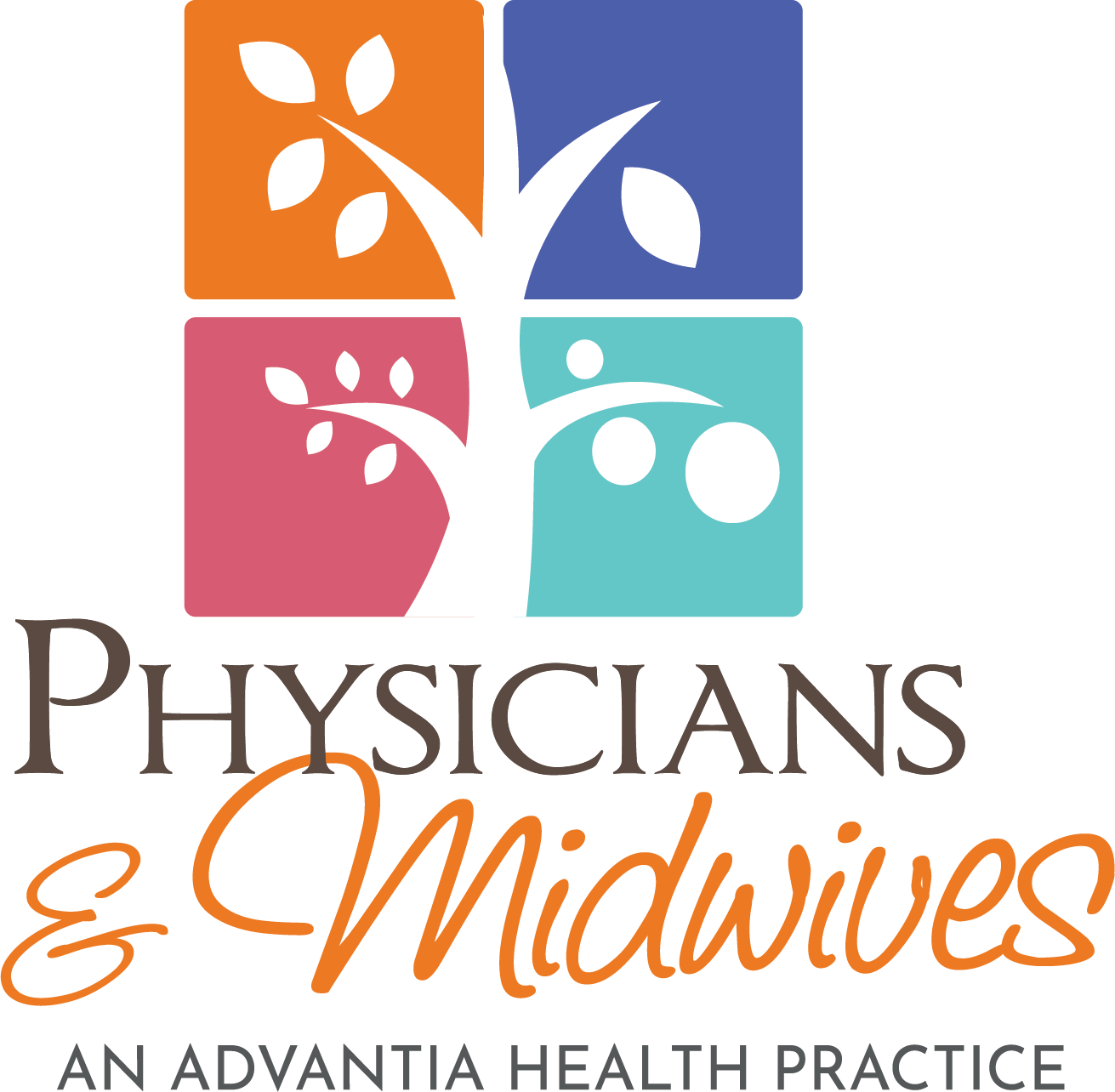
Published on: 6 September, 2012
Read Time: 4 min
For anyone who has experienced the joy of pregnancy, the ultrasound print—the iconic little black and white square—is often a cherished keepsake. Ultrasound technology uses high-frequency sound waves to produce images of internal body structures, including the developing baby within the uterus. Beyond providing the first visual of your baby, ultrasounds offer critical information about your baby’s health and can identify potential pregnancy issues.
The First Trimester Ultrasound
Many women undergo a dating or viability scan during the first trimester. This is particularly useful for those uncertain about their last menstrual period or with irregular cycles, as the scan can accurately determine the baby’s age and estimated due date. Additionally, the scan can identify the presence of multiple babies (such as twins or triplets) and detect a heartbeat. Given the small size of the fetus at this stage, this ultrasound may be performed using a transvaginal transducer, a small probe inserted into the vagina to obtain clearer images of the uterus.
For women experiencing first-trimester bleeding or spotting—an occurrence in 20-30% of pregnancies—ultrasound evaluation is often necessary. Ultrasound can identify the cause of bleeding, which may include a small subchorionic hemorrhage (a collection of blood between the developing baby and the uterine wall). It can also detect an ectopic pregnancy (a pregnancy outside the uterus), a rare but serious condition. Furthermore, ultrasound can assess signs of an impending miscarriage, such as the absence of a fetal heartbeat and an open cervix.
Between 11 and 14 weeks, some women undergo a specialized ultrasound known as a nuchal translucency screening or nuchal scan. This test measures the fluid accumulation behind the baby’s neck, with increased fluid levels potentially indicating Down syndrome or other genetic disorders.
The Second Trimester Ultrasound
Most pregnant women in the US have an ultrasound at 20 weeks, also known as the ‘anatomy scan’. This is a detailed examination looking for abnormalities in the baby’s brain, face, spine, heart, stomach, kidneys and other structures. The overall size of the baby and its position in the uterus are also assessed. Any abnormalities that might make a vaginal delivery unsafe, such as a breech (feet-first) position or abnormal placement of the placenta, are noted. Structural abnormalities such as a cleft palate or heart malformation may require further, more detailed, ultrasounds, and may indicate that the baby could be more safely delivered and cared for in a specialized hospital setting.
The Third Trimester Ultrasound
Third trimester ultrasounds are frequently ordered to follow-up abnormalities seen on previous scans. For example, breech babies often turn into the proper head-first position on their own. These scans give doctors and midwives the information they need to plan a safe delivery.
Ultrasounds may also be performed late in the pregnancy to gauge the health of the baby; a biophysical profile (BPP) assesses the level of fluid around the baby, as well as the baby’s movements and muscle tone. This can help doctors decide if the baby is under stress, and may need to be delivered early.
One final note: in the past decade, a number of nonmedical commercial ultrasound centers have opened, offering three- and four-dimensional ‘keepsake’ ultrasound images and videos. In general, organizations including the FDA and American Institute of Ultrasound in Medicine (AIUM) discourage the use of these facilities, because the staff may not be as well trained as medical sonographers, and they may utilize ultrasound at higher levels and for longer exposure times than a typical medical scan. A picture is worth a thousand words, but the real thing is worth waiting for.

Physicians and Midwives, an Advantia Health Practice
Physicians and Midwives is a unique collaborative practice you won’t find anywhere else. We have 5 offices for your convenience all across Northern Virginia, including Alexandria, North Arlington, Mt. Vernon, Kingstowne, and Woodbridge. If you would like to be listened to, as well as cared for, then look no further.





